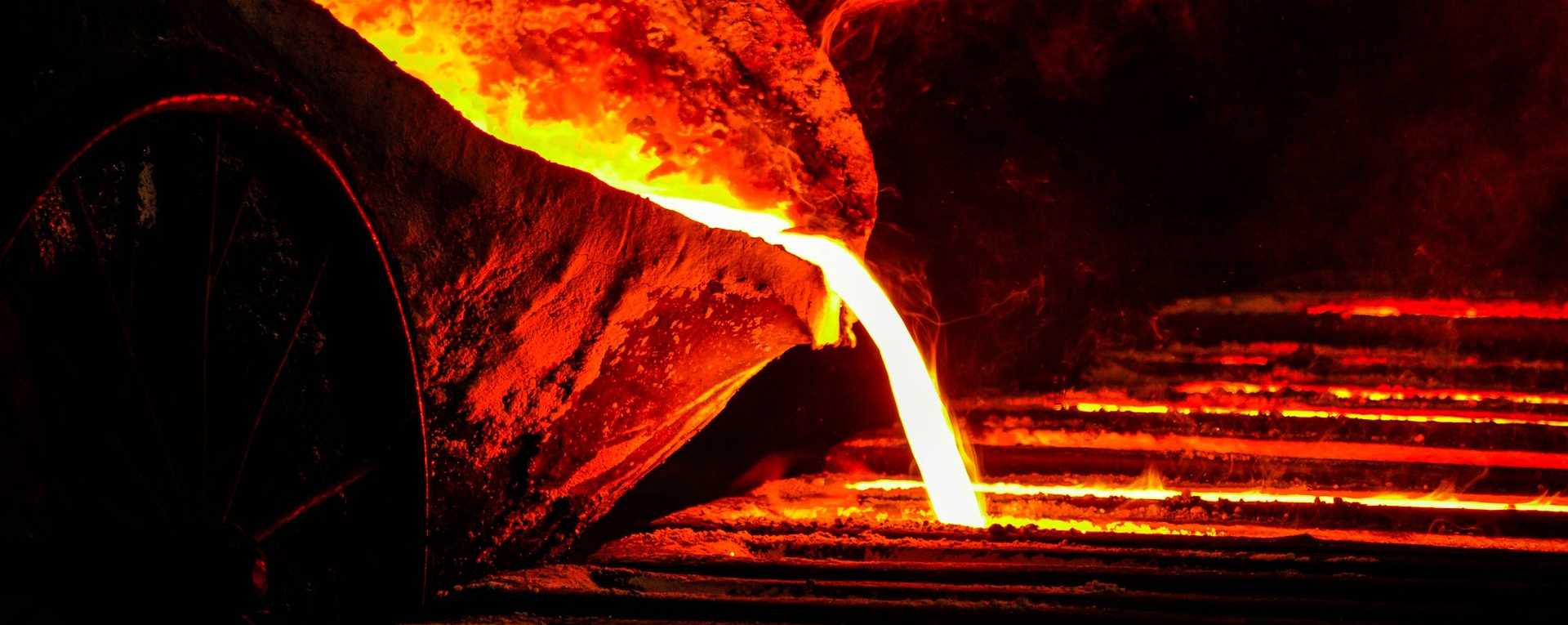Using blockchain in artisanal mining

To ensure responsible gold sourcing, accredited refiners often obtain gold directly from a few industrial mines, building up trust relationships and visiting these mines frequently. This approach is not feasible for artisanal mines, given their large numbers and the high-risk conditions in which they operate. Can blockchain be a substitute for trust relationships to support responsible sourcing from artisanal miners? In this research brief we conducted interviews with various experts in logistics, certification, tagging, refinement and blockchain to understand the potential to use blockchain as cost-effective solution to enable responsible sourcing from artisanal miners.
We find the main obstacle for using blockchain is to create a link between the physical world (the traded gold) and the digital (the blockchain). Linking the physical and digital worlds can be done either by uniquely identifying the physical object by its chemical composition or by adding a unique mark or tag to the product. For the case of artisanal gold, both these methods are limited. Geochemical analysis requires large and expensive reference databases and can only be done before smelting and refinement. Tags need to be added by a central authority, which could weaken the power and trust of the blockchain in fragile areas. While blockchain could contribute to a more transparent gold supply chain, it has a limited ability to ensure responsible sourcing from artisanal miners.
The project is lead by Antoinette van der Merwe
